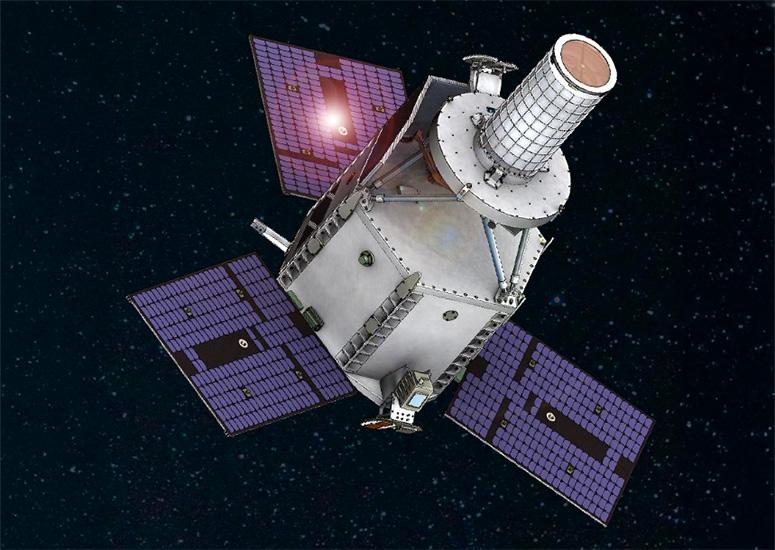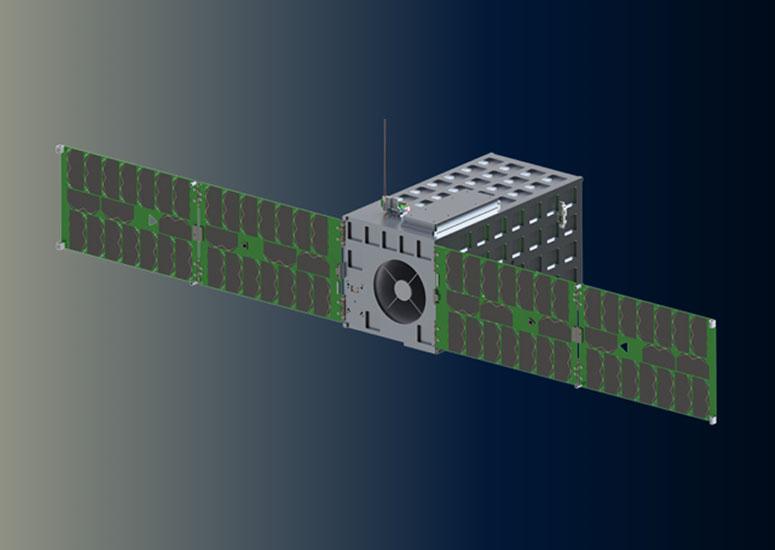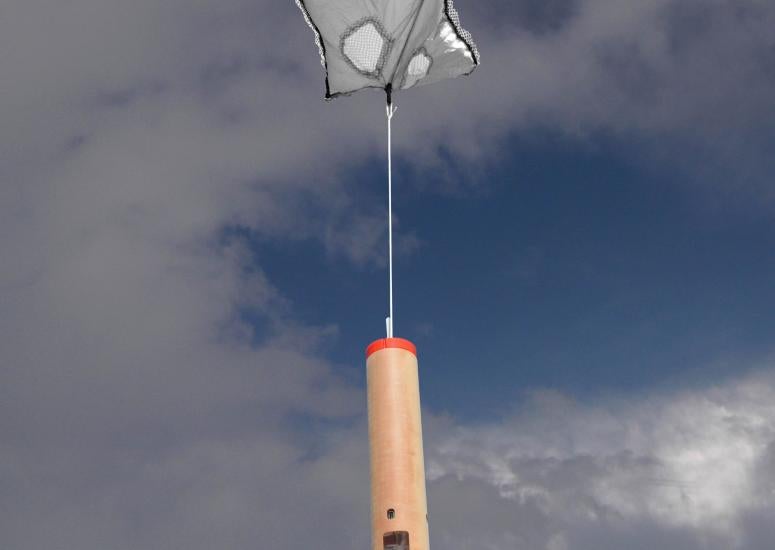Tag: Observing
-

NASA selects NSF NCAR heliophysics mission for continued development
NASA has selected the Chromospheric Magnetism Explorer (CMEx) for an extended period of concept development.
- Sun + Space Weather
-

NSF NCAR mini-satellite will give scientists a detailed view of the Sun’s chromosphere
NSF NCAR was selected by NASA to construct a breadbox-sized satellite that will give scientists a powerful new tool to observe the Sun’s chromosphere, a poorly understood region of the solar atmosphere where the energy that powers solar storms builds up before being released.
- Sun + Space Weather
-

Record-breaking winds confirmed for Hurricane Melissa
As Hurricane Melissa approached Jamaica last month, a NOAA Hurricane Hunter airplane dropped a fleet of weather instruments called dropsondes into the depths of the storm. When the National Hurricane Center received the dropsonde data from the plane via satellite and processed the 252 mph reading, they cautiously began referring to the measurement as a potential record. In order to verify the reading, they contacted researchers at the U.S. National Science Foundation National Center for Atmospheric Research (NSF NCAR), where dropsondes were developed, and asked them to verify the data.
- Weather
-

Taking to the skies to track urban air quality
This past summer, if New Yorkers looked up from the hustle and bustle of urban life, they may have spotted a C-130 research aircraft flying above the skyscrapers. The plane was doing research flights over the tri-state area to collect data on urban air quality for a scientific research field campaign called GOTHAAM. No classic villains or superheroes here, just researchers studying the composition of the air in both the light and dark of the New York metro area.
- Air Quality
-

Study shows Tijuana River water pollutes the air
Newly published research indicates that poor water quality can drastically affect air quality—an observation with important implications for global waterways.
- Air Quality
